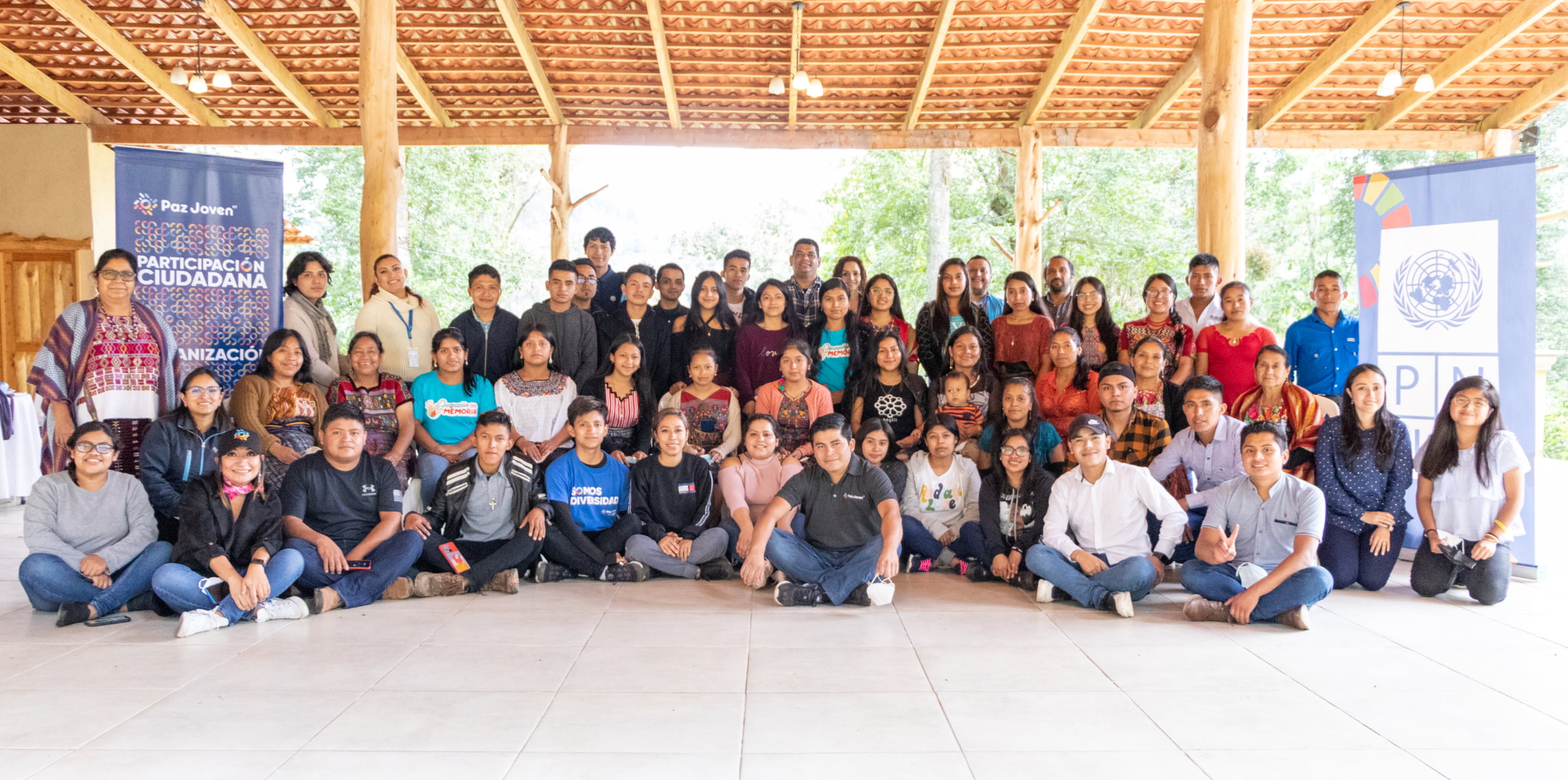Guatemala

Countries & Territories
In Guatemala, the delivery of justice services remained affected by the consequences of the COVID-19 pandemic. To support judicial institutions in guaranteeing equal access to justice for all, with a focus on individuals and groups facing exclusion, UNDP prioritized strengthening the capacities of the Constitutional Court. The Constitutional Court of Guatemala is a specialized governing institution of constitutional justice with a key role in settling the country's major conflicts. UNDP’s support to the court included the design and finalization of a policy to improve services for women, Indigenous Peoples, and persons with disabilities.
UNDP’s cooperation with the Constitutional Court commenced in previous years due to the support from the Global Programme for Strengthening the Rule of Law, Human Rights, Justice and Security for Sustainable Peace and Development (the Global Programme). In 2020-2021, the design of the Policy of Access to Constitutional Justice for Populations in Conditions of Vulnerability was initiated. Despite the changes in the judicial authorities, the initiative proved sustainable, and the elaboration of the policy continued. In 2022, with the support from the Government of Norway, the policy was finalized and validated by key institutional stakeholders.
In the area of transitional justice, through its dedicated Transitional Justice Accompaniment Programme, UNDP continued to promote initiatives to ensure accountability and non-repetition of the internal armed confrontation in Guatemala, as well as to create spaces for education, youth participation and leadership in recovering and preserving historical memory.
UNDP’s activities targeted the regions of Alta Verapaz and Quiché. According to the Commission for Historical Clarification, these areas were the most affected by the internal armed confrontation and continued struggle with poverty and exclusion, with young people, women and Indigenous communities bearing the brunt.

Intergenerational meeting with the participation of youth from Alta Verapaz, Guatemala
To enable young people to find jobs, UNDP supported 117 young people (including 75 women) who completed one of the eight technical courses certified by the Technical Institute of Training and Productivity, the Guatemalan Institute of Tourism and other local organizations. Seventy-seven percent of the participants identified themselves as Indigenous People. In a post-graduate survey, most of the beneficiaries assessed their participation in the courses as “highly successful”.
In addition, UNDP contributed to the empowerment of 76 young people in Alta Verapaz (including 44 women and 50 percent Indigenous individuals), improving their capacities to influence political and decision-making processes, promote historical memory and sustainable development.
Through the support from the Cataluña Agency for Development, UNDP facilitated face-to-face and remote mechanisms for psychological care for women who survived sexual and gender-based violence during the internal armed confrontation.
Forty-seven women received psychosocial support and became vocal about their experience, encouraging others to share their testimonies and get relief. Within the same initiative, over 40 prosecutors, psychologists, mental health promoters, doctors and forensic experts increased their knowledge of the Istanbul Protocol, a manual on the “Effective Investigation and Documentation of Torture and Other Cruel, Inhuman or Degrading Treatment or Punishment”.

results
- The Policy of Access to Constitutional Justice for Populations in Conditions of Vulnerability was finalized and validated by key institutional actors. It represents an important step towards access to justice for all in Guatemala.
- Youth, women and Indigenous Peoples in areas most affected by the internal armed confrontation and exclusion are better equipped to influence political and decision-making processes, and for preserving historical memory.
- 47 female survivors of sexual and gender-based violence received psychological care.
Armenia, Azerbaijan, Bosnia and Herzegovina, Georgia, Kazakhstan, Kyrgyzstan, Moldova, Tajikistan, Türkiye, Ukraine and Uzbekistan.
The text of the Aarhus Convention is available at https://unece.org/DAM/env/pp/documents/cep43e.pdf.

